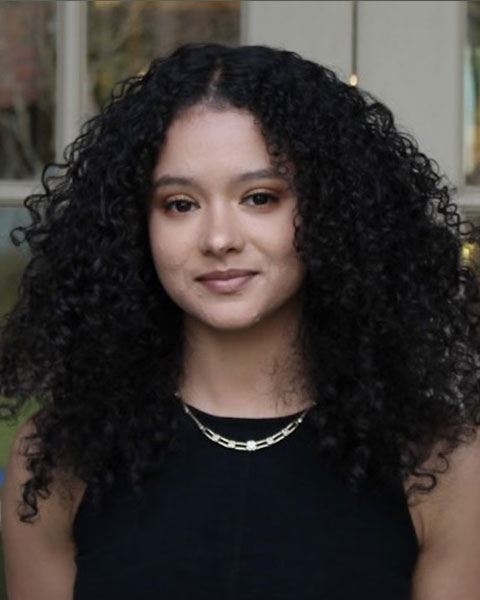Awardees named in first David Loveday Memorial poster contest
LISLE, Ill. – Student researchers from Virginia Tech University and the University of British Columbia are winners of the Water Quality Research Foundation’s first David Loveday Memorial scholarship poster contest. The research findings of the winning poster submissions were shared with attendees of the WQRFs Scientific Symposium and the WQA Convention & Exposition March 4 & 5 in Orlando, FL.

“Differing Mechanisms for Lead Phosphate Particle Removal By Point-of-Use Media Depend on Particle Size and Lability,” a poster by Chataly Villalona of Virgina Tech University, described research that aimed to understand Point-of-Use filter removal mechanisms for difficult-to-treat lead suspensions demonstrating the sometimes-complex chemistry of lead removal. Recent water crises in Washington, DC, and Flint, MI, have raised concerns about filter performance during lead contamination events.
Villalona reports that the need to understand the type of particles present is key to considering options for optimal lead removal.
“Our research shows that the evaluation of the water is an important first step towards determining the right filter for the water treatment job,” said Villalona, a second-year master’s degree program student in Environmental Water Resources in the Department of Civil and Environmental Engineering at Virginia Tech. Her thesis research focuses on lead reduction methods.

The presence of PFOA, a prominent PFAS, in treated drinking waters introduce new challenges. University of British Columbia student Fatemeh Asadi Zeidabadi’s poster, “Facing the Challenge of Per-and Poly-fluoroalkyl Substances (PFAS): Does Ion Exchange Process Offer a Solution for in-home Water Treatment?” offers additional insights on the filtration options in treating PFAS.
The study looks at the potential of Ion Exchange (IX) processes for removing various PFAS structures from contaminated waters, highlighting its suitability for use as in-home water treatment filtration. This study also reveals that IX resins, distinguished by kinetics and elevated PFAS removal capacity, particularly for short-chain variants, emerge as a highly recommended choice for in-home water treatment filters.
Zeidabadi is a Ph.D. Candidate in Chemical and Biological Engineering Department at UBC, having completed her bachelor’s and master’s degrees in chemical engineering from Sharif University.
Both scholarship winners were offered $1,000 towards educational expenses and the opportunity to present their findings. The scholarship fund was established in honor of David Loveday, who served as WQA’s chief political strategist for 15 years before his 2021 death.
To view the posters and the findings, visit the WQRF website.
The Water Quality Research Foundation, formerly the Water Quality Research Council (WQRC), 0rganized as a Section 501(c)(3) not-for-profit foundation under the Internal Revenue Codes, was formed in 1952 to serve as a universally recognized, independent scientific water quality research organization. More information on its research can be found at wqrf.org.
wqrf.org
# # #
